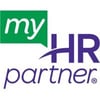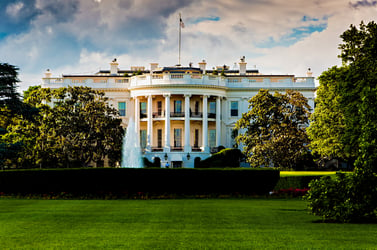It doesn’t need to be April Fools’ Day for pranks to find their way into the workplace. While we’re guessing that most office pranks are good natured and are a function of a healthy team environment, that’s not always the case. And with any non-work-related activity, there’s always the potential for things to go wrong.
Remember: what you intend to say or imply with a joke or prank may not be how it is received or perceived, especially coming from a work supervisor or upper management. Always, err on the side of caution in the workplace when it comes to humor.
Some additional tips include:
- Don’t impede team productivity with a prank.
- Don’t accidentally sabotage a person’s work with a gag that frustrates them or gets in the way of them doing time-sensitive tasks.
- Don’t single anyone out to avoid harassment or discrimination complaints from an employee who didn’t take your prank as just a joke.
- Avoid potentially offending pictures or jokes that refer to race, ethnicity, sexual orientation, disability or religion.
- Keep pranks simple and short-lived, and make sure that they don’t cause permanent damage or alteration to property.
- Don’t set up a prank that could potentially injure someone.
- Pretending to fire or reprimand someone is a really bad idea for an office prank.
About that last one: firing or laying-off someone on April 1 will not only make for an awkward exit interview, it will cause confusion. As one manager told ABC News, “[The employee] was convinced it was a joke even after I took his keys and employee ID. As he left my office he kept stopping, looking back, waiting for me to say, ‘April Fools!’ But I never did.”
Managers and employers who want to have some fun in the workplace should not do so at an employee’s expense. Never forget the authority you hold at work, which can cause a simple joke to be taken in a bad way by people who report to you. You don’t want to accidentally create low morale or awkwardness between staff and management with an ill-conceived prank.
In the end, there are lots of less risky ways to have fun and build employee satisfaction. In the workplace, the best pranks are usually the ones that never happen in the first place.



